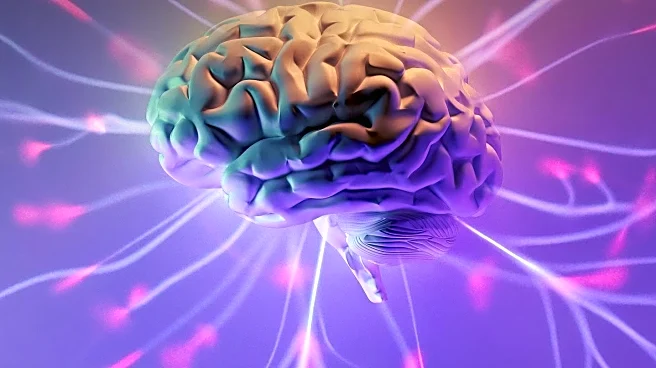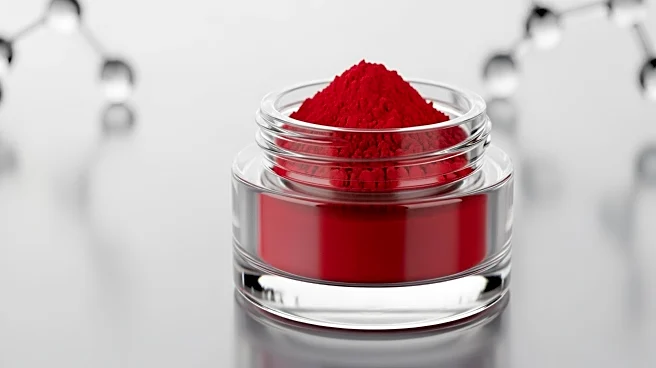What is the story about?
What's Happening?
Recent research has highlighted the potential of DMT (dimethyltryptamine), a natural psychoactive compound, in aiding brain recovery post-stroke. Conducted by the HUN-REN BRC Institute of Biophysics and Semmelweis University Heart and Vascular Centre, the study found that DMT significantly reduces the harmful effects of stroke in animal models and cell culture experiments. DMT, which is naturally present in the human brain, is currently undergoing clinical trials to assess its efficacy in restoring brain function after a stroke. The research demonstrated that DMT treatment reduced infarct volume and edema formation in a rat stroke model. It also restored the structure and function of the damaged blood-brain barrier and improved the function of astroglial cells. Additionally, DMT inhibited the production of inflammatory cytokines in brain endothelial cells and peripheral immune cells, while reducing the activation of brain microglia cells through Sigma-1 receptors.
Why It's Important?
The findings from this research could have significant implications for stroke treatment, which currently has limited therapeutic options. The dual action of DMT, which protects the blood-brain barrier while reducing brain inflammation, offers a novel approach that could complement existing treatments. This could potentially lead to improved recovery outcomes for stroke patients, who often do not achieve full recovery with current therapies. The development of a DMT-based treatment could represent a promising new alternative, especially when used in combination with existing methods. As clinical trials continue, the potential for DMT to become a standard part of stroke recovery protocols could transform the landscape of neurological rehabilitation.
What's Next?
Ongoing clinical trials are crucial to determine the long-term effects and safety of DMT in human subjects. If successful, these trials could pave the way for DMT to be integrated into standard stroke treatment regimens. Researchers are also likely to explore the potential of DMT in treating other neurological conditions, given its ability to enhance brain healing and reduce inflammation. The medical community and pharmaceutical companies will be closely monitoring these developments, as the introduction of a new therapeutic option could have widespread implications for patient care and treatment strategies.
















